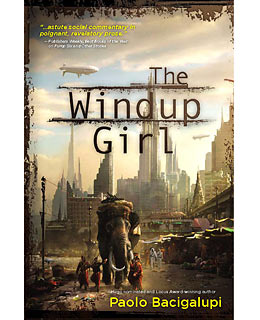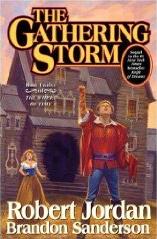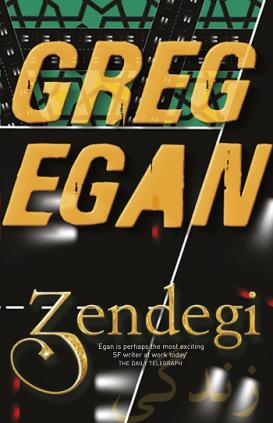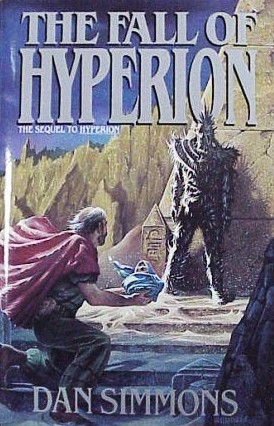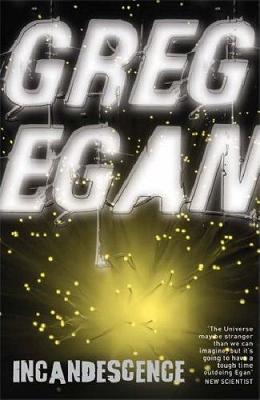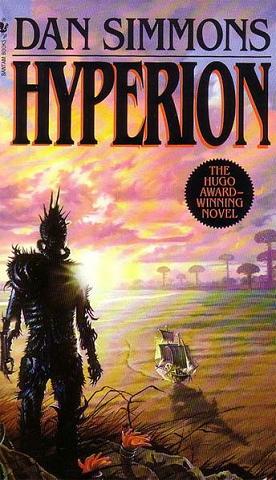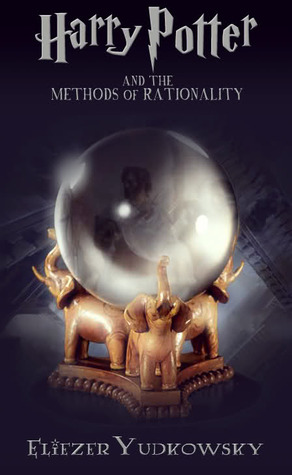
What’s this, you ask? You’ve read all of the Harry Potter books but have never heard of this one? That’s because Harry Potter and the Methods of Rationality is a work in progress piece of fan-fiction, written by someone under the pen-name Less Wrong. That person is Eliezer Yudkowsky, a prominent American researcher in the field of artificial intelligence and an advocate for transhumanism. Now I ordinarily don’t go anywhere near fan-fiction regardless of how much I may like a series or a setting. It’s a dark recess of the Internet with a well-deserved reputation for terrible writing inspired mostly by the obsession to pair favorite characters into romantic couples, regardless of how little sense that actually makes.
MoR however distinguishes itself from its peers both through the quality of its writing and the strength of its fundamental premise. It’s been endorsed by established sci-fi writer David Brin, been featured on The Atlantic magazine and it is by far the most reviewed story on the popular FanFiction.net website. That’s some heavyweight support and after reading what’s been released so far of it, I agree wholeheartedly. This is something that every person who thinks of himself as a rationalist must read and every person who is a Harry Potter fan ought to read.
Continue reading Harry Potter and the Methods of Rationality
